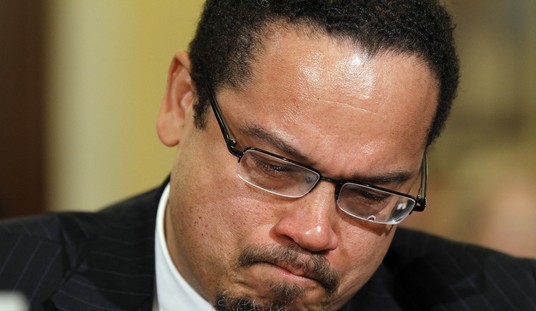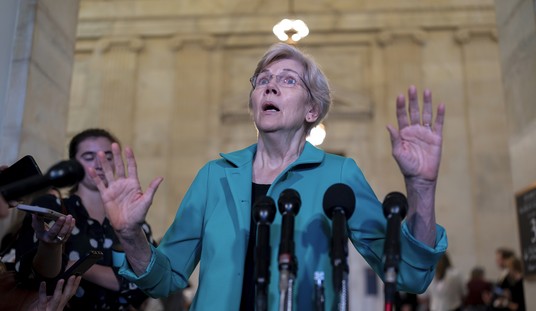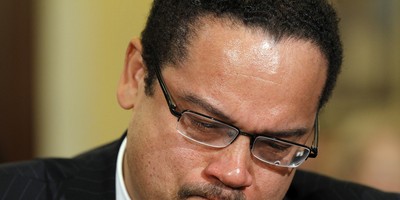Presidential candidate Sen. Bernie Sanders probably felt like a pretty generous guy when he called for 12 weeks of paid family leave. The Washington, D.C. City Council, though, is determined to make him look downright cheap by adding on an extra four weeks, for a total of four months of paid family leave for all employees in the District of Columbia, full- and part-time.
So who pays for these months of time off? The Sanders plan would have workers pay into a fund with every paycheck, “at the price of roughly one cup of coffee per week.” And D.C.?
The DC city council used funds from Obama administration to come up with four months paid leave policy. #fox5dc
— Emily Miller (@emilymiller) October 6, 2015
Emily Miller, chief investigative reporter for Fox 5 News, reports that the city council wants to pay for its plan with a new tax on employers — the same employers who will be struggling to operate without employees for four months out of the year. The program would be paid for by an employer tax that would amount to up to one percent of the employee’s salary. Miller reports:
A room of supporters cheered when the city council moved forward this bill. If passed, it will be the first of its kind in the nation — a level of benefit that is only seen in Europe.
“The Obama administration has funded research grants across the country, including here in D.C.,” said Councilmember Elissa Silverman (I-At Large). “It’s jumpstarted our efforts to make these systems a reality.”
And where better than the turbocharged economic engine that is Washington, D.C. to implement such a program?
Recommended
@EmilyMiller Is four months enough? How about a full eighteen years? Wouldn't that be better, er, except for that pesky money issue.
— Ken W Alger (@kenwalger) October 6, 2015
https://twitter.com/Ship4brains/status/651514484956106752
@EmilyMiller @SHannitysHair That's it..Tax those businesses so they are forced to give employees 4 months leave..And when business is broke?
— ❌The Possom❌ (@1AwesomePossom) October 6, 2015
Broke? The policy will actually help businesses, argues Councilmember David Grosso. “I actually think it will make us more competitive because what we’ll be able to do is keep high quality employees,” Miller reports Grosso as saying. “We’ll be able to attract employees to come here and live.”
And maybe work a little now and then.
























Join the conversation as a VIP Member